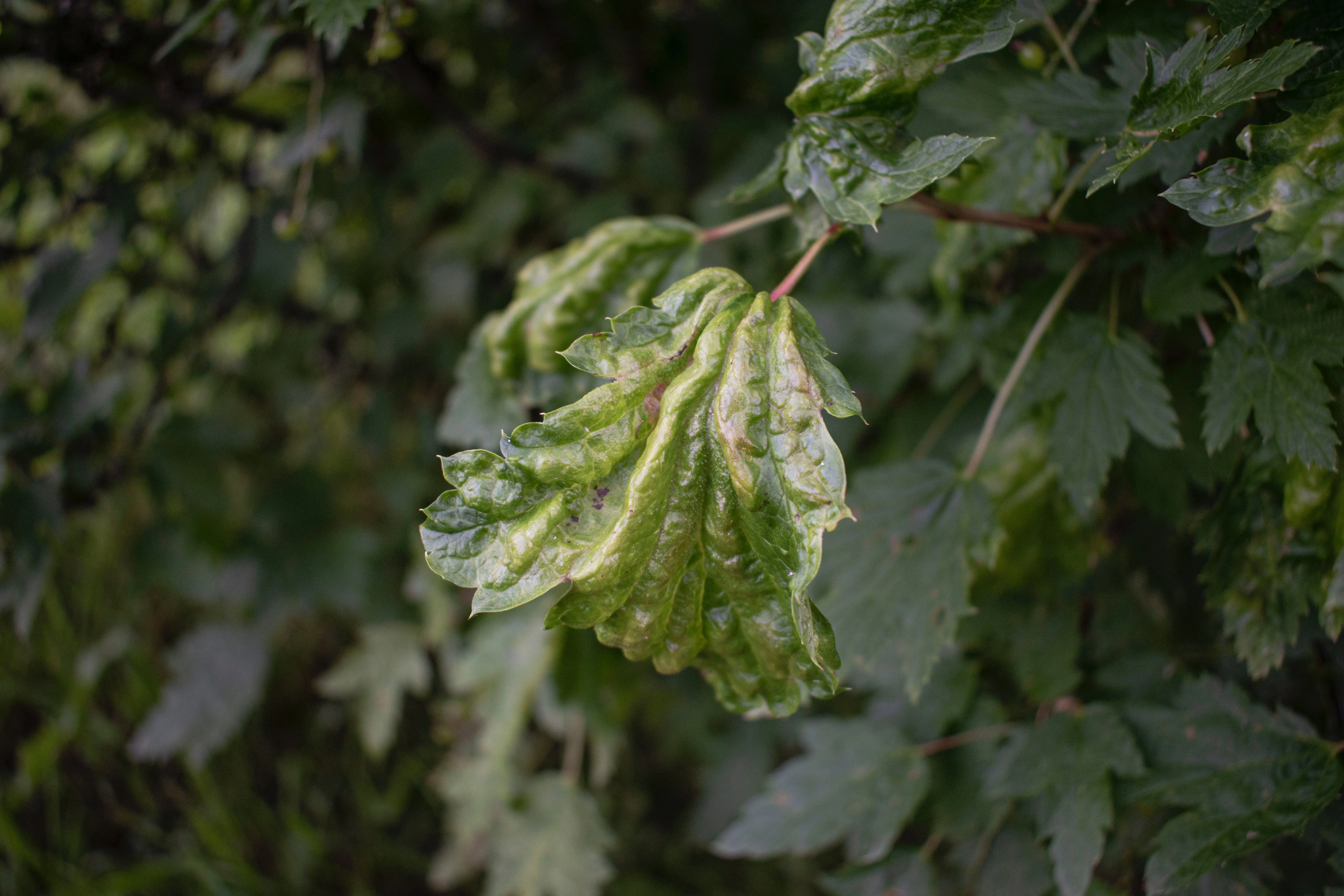Managing Pests and Diseases in Your Organic Garden
Master the art of pest and disease management in your organic garden with our expert guide. Ideal for gardeners in Bangalore and beyond, this post offers eco-friendly solutions to protect your plants. Discover organic pesticides, integrated pest management techniques, and preventative strategies that ensure a healthy, thriving garden. Embrace sustainable gardening with Vriksha Farms and safeguard your organic oasis against common garden challenges."

Introduction
Organic gardening is a harmonious approach to farming that aligns with the principles of sustainability and environmental stewardship. However, managing pests and diseases without resorting to chemical pesticides can be a challenge. Vriksha Farms, with its commitment to responsible agroforestry and sustainable farming practices, offers insights into natural methods for keeping your organic garden healthy and productive.
Understanding Pests and Diseases in Organic Gardens
Identifying Common Pests and Diseases
The first step in managing pests and diseases is identifying them correctly. Learn about the common pests and diseases that affect your specific crops and look for signs like leaf discoloration, stunted growth, or visible pests.
Creating a Balanced Ecosystem
A diverse garden encourages a balanced ecosystem. Plant a variety of crops to attract beneficial insects and birds that naturally control pest populations.
Natural Methods for Pest and Disease Control
Companion Planting
Companion planting involves growing certain plants together that naturally repel pests or attract beneficial insects. For instance, marigolds can deter nematodes, while basil can repel flies and mosquitoes.
Organic Pesticides and Insecticides
Use organic pesticides and insecticides sparingly. Neem oil, diatomaceous earth, and insecticidal soaps can be effective against various pests while being safer for the environment.
Soil Health and Disease Prevention
Enhancing Soil Fertility
Healthy soil leads to stronger plants that are more resistant to pests and diseases. Incorporate organic matter like compost to improve soil health and fertility.
Crop Rotation
Rotating crops each season helps prevent the buildup of pests and diseases in the soil. This practice also maintains soil nutrients and reduces the risk of soil-borne diseases.
Integrated Pest Management (IPM) Strategies
Monitoring and Thresholds
Regularly monitor your garden for pest activity. Establish thresholds for when intervention is necessary, as some level of pest presence is normal and even beneficial for biodiversity.
Mechanical and Physical Controls
Use mechanical and physical controls like traps, barriers, and handpicking pests off plants. These methods can be very effective in small organic gardens.
The Role of Education and Community in Pest Management
Learning and Sharing Knowledge
Stay informed about organic gardening practices through books, online resources, and local workshops. Sharing experiences and solutions with fellow gardeners can also provide valuable insights.
Community Involvement
Engage with local gardening communities and organizations. They can offer support, advice, and resources for effectively managing pests and diseases in your organic garden.
Conclusion
Managing pests and diseases in an organic garden requires patience, knowledge, and a commitment to natural methods. By embracing these environmentally friendly practices, gardeners can maintain healthy, productive gardens that align with the principles of sustainable living. Vriksha Farms encourages this approach, providing an opportunity to invest in managed farmland that upholds these values.
